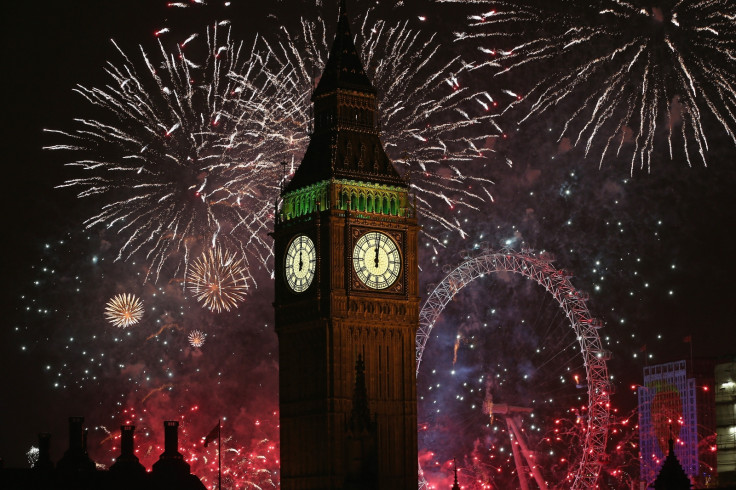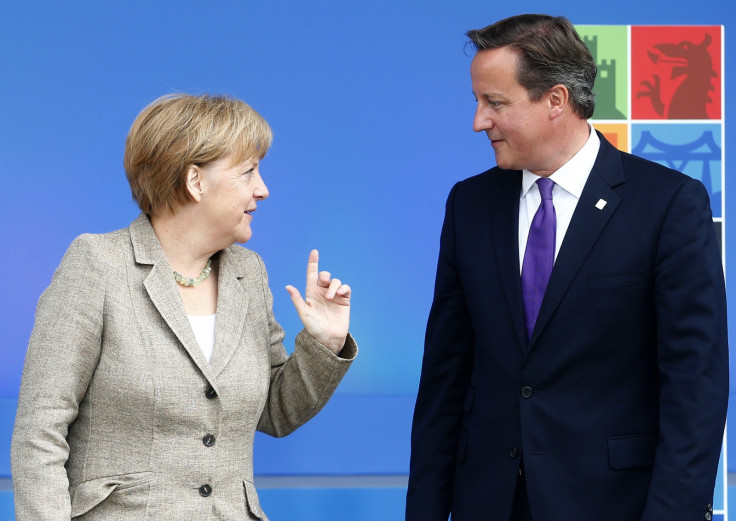William Keegan: Happy new year? Not for the eurozone as economic woes lead to survival fight
First of all, let me wish a happy new year to all my readers! Secondly, a warning: this is the time of year when my fellow economists queue up to make predictions.
One old financial journalist friend (who shall remain nameless) made a practice for many years of making forecasts that never quite measured up, but this at least gave him the opportunity the following year to explain, with a certain degree of shamelessness, why they had gone wrong.

Personally, I belong to the school that believes it is not only difficult to forecast the future: it is difficult enough to forecast the past.
In the UK, just before Christmas, we were treated to a classic example of this when the government's Office for National Statistics (ONS) produced revised figures that showed up the British government's boasting for what it was. Prime Minister David Cameron and Chancellor George Osborne had been proclaiming the British economy was growing faster than any other members of the G7.
This boast had always depended on an imaginative interpretation of the comparison with the US - easily the fastest growing G7 economy, with the most impressive recovery from the Great Recession. But the latest ONS forecasts of the past led to a downward estimate of the annualised third-quarter growth rate from 3% to 2.6% - ie a greater than 10% downward revision.
So, instead of attempting any forecasts, I prefer this week to highlight certain trends and problems that will affect the economic outlook for 2015.

By the way: can it really be 2015 already? I remember how, when one was at school, George Orwell's 1984 seemed an awfully long way ahead. Now, this is not really a digression because one of the areas that is going to feature prominently for international relations this year is the ongoing struggle over the control of cyberspace.
Many years ago President Eisenhower, a Republican, complained about the dominance of the "military industrial complex" in the US economy.
Well, one of the reasons why some observers continually get it wrong when predicting the decline of the US is its fundamental strength; it is now exercising that in cyberspace, with results that are causing controversy everywhere from Germany to China.
Talking of Germany, the big issue this year in the eurozone will be its fight for survival - at least in its present form.
The eurozone was founded with the best will in the world: it was to be the next stage in tying Germany down in Europe and achieving a European Germany, not a German Europe. The statesmen involved, principally Chancellor Kohl of Germany and President Mitterrand of France, had all too vivid, first-hand memories of Germany's responsibility for the Second World War.
Alas, they put the cart before the horse: monetary union before political union. To cap it all, the policies of the eurozone are dominated by Germany's pre-Keynesian view of economics. We have already seen the damage wrought by mistaken policies of austerity, yet the German view is that there should be more to come.
Faith is being placed on Mario Draghi's not very secret plans for a massive expansion of money and credit - known in the trade by the absurd sobriquet "quantitative easing" - but this is not going to be enough when fiscal policy is operating in the wrong direction.

There is much speculation about whether Greece will have to leave the eurozone; and let us face it, there is also speculation about Italy, which has lost its traditional weapon of occasional devaluations to restore competitiveness.
Without making forecasts, I think potential developments in the eurozone are going to be interesting, and the manifest slowdown in the Chinese economy, while it had to happen at some stage, is already having repercussions elsewhere.
The US economy continues to benefit for its fundamental dynamism, and the fall in the oil prices, while causing problems with previous calculations about investment in fracking, is nevertheless a net benefit, as I wrote in my last column.
Meanwhile, I can hardly disagree more with the main editorial in my journalistic alma mater (namely the Financial Times) on 5 January. According to the FT: "Britain enters 2015 as an international success story."
Well, you could have fooled me. The latest ONS estimates are Britain had a current balance of payments deficit of 6% of GDP in the third quarter of 2014. The productivity figures are terrible and the relentless emphasis on austerity - with a lot more to come if the Conservatives win the general election in May - is not exactly good for productivity.
Nevertheless, we can still hope for a happy new year...
William Keegan is a journalist and academic who is the senior economics commentator at The Observer.
© Copyright IBTimes 2025. All rights reserved.






















